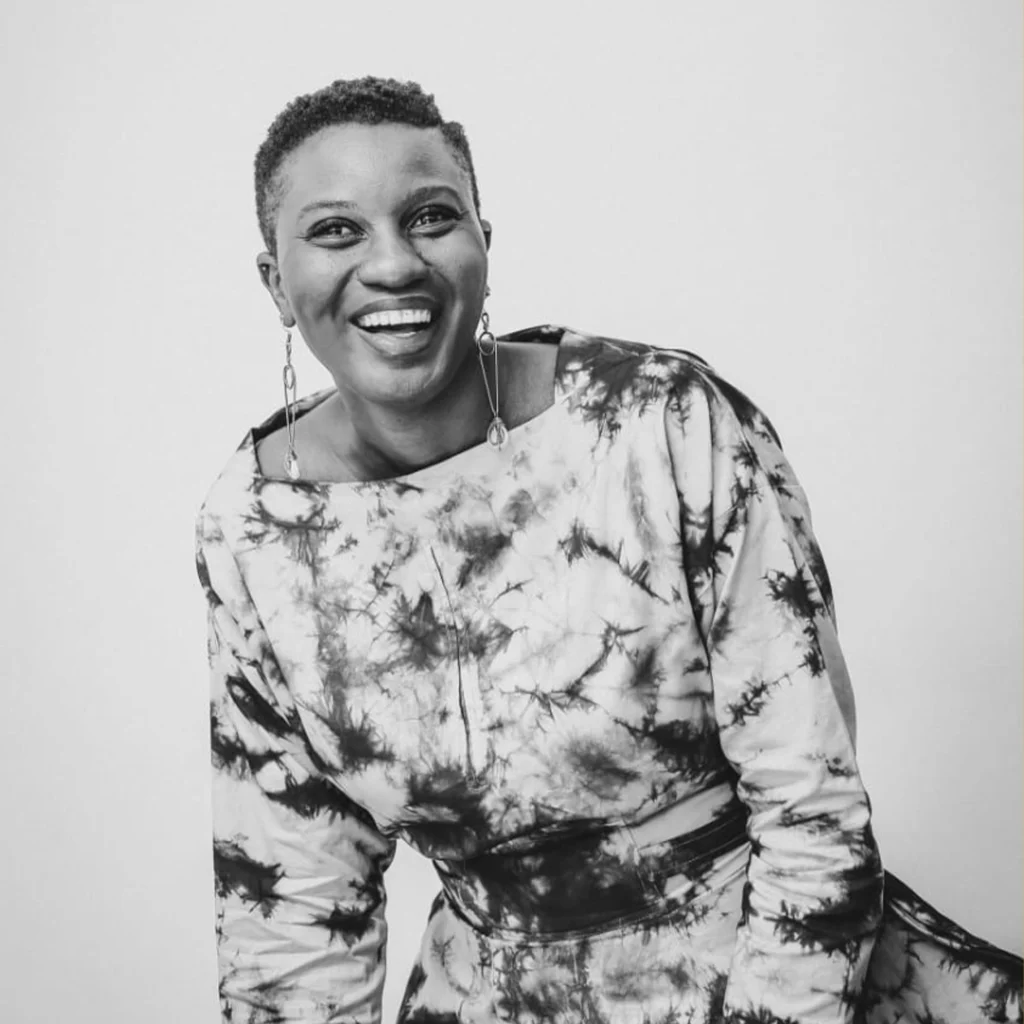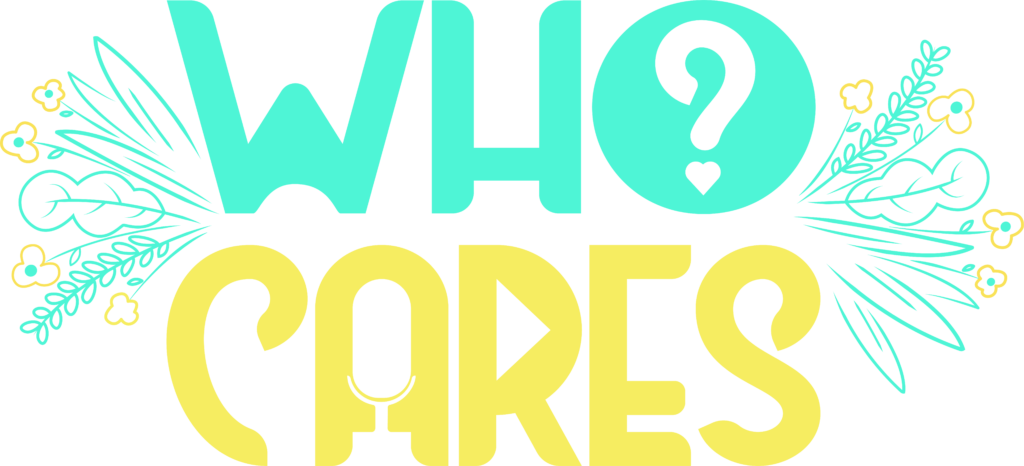Introduction
Blurb:
Who we are: Two African feminists who met at work and became friends in a changing world filled with uncertainty and despair, exploring themes around beauty, joy, power, care, community and love on the path towards freedom for ourselves, our communities and our world. This conversation series is born out of a joint project we are curating for a fellowship programme we are part of. The ShiftThePower fellowship is a mobilizing force that seeks to highlight, harness, resource, legitimize and join up new ways of “deciding and doing” that are emerging around the world under the larger umbrella of movement generosity so that it can galvanize a vision of a good society and serve as a force for genuine and lasting change. As fellows, colleagues and friends, we are collaborating on this project to document the learnings and practices around care, to reimagine collective care in multiple crises, to document joy, and to reflect on possibilities of what care should look like in the development world. For those fully immersed in liberation work at the personal and professional level; the fatigue, exhaustion and collective grief can be overwhelming. This is our contribution to the liberatory work of truth-telling and solidarity necessary to shift the narratives around power, care and activism. In a hetero-patriachal--capitalist world, care has been commodified and reduced to a capitalist commodity that is no longer a communal and holistic practice. And because of the demands of the capitalist system, we often do not have space and the time to rest and care for ourselves at the personal and collective level. Rest and reflection have become a luxury in this polycrisis world. We are living and working from crisis to crisis (Sudan to Congo to Gaza) in our varied contexts, and we do not have time and space to even reflect on how these crises are affecting us individually and as a community. We are in constant reactionary mode to injustices that are historically and systematically orchestrated. We believe it is powerful to name care as a lens through which we root our struggle, uplift each other, do this work sustainably and bring joy into our lives as activists and feminists. So we ask, Who Cares? and why it is important to center care as a way to push back against systems that are betting on our collective burnout, despair and resignation. We hope you will take this journey with us to imagine a liberated world where care and freedom are central to building institutions, coexisting with one another and working in a world constantly pushing us into despair.
Gloria & Buky

Gloria Mugabekazi
Gloria (mugasha) Mugabekazi is an African Feminist whose work is premised on challenging systemic oppressions through an intersectional feminist lens and the reimagination of new worlds. She has worked at the nexus of gender justice, Sexual and Reproductive Justice and international development. In her experience, she has learned that all this work is impossible without care. Caring for our bodies, our planet, and those we are in community with. She loves to read, if she is not somewhere on the dance floor. She currently considers herself a “digital nomad” and enjoys traveling.

Buky
Buky is an African Feminist who just wants to take naps, love her people and eat good food. She wants to take over the world through peaceful means to usher in that better world we keep hoping and dreaming about. She works to advance Sexual and Reproductive Health and Rights, especially Sexual and Reproductive Justice, with an understanding that people, especially those who are pushed to the margins, do not live single issues. So, the work is about liberation for all.
Our Values
Love:
We must love to be free. This work requires us to practice and embody love as a revolutionary practice. To hold each other in grace and accountability for all the learning, unlearning and relearning we have to do.
Hope:
We must hope to be free. We must be able to hope against hope, that a better and different world is possible. That we are doing this work so those who come after us can do less of this work.
Intersectionality:
We must all be free. Collective care requires us to be conscious of our differences and connections, and we can only do that through using an intersectional lens that helps us recognize and acknowledge our overlapping oppressions and struggles. We can only be free if all of us are free.
Joy:
Joy as freedom. To be free, truly free, we have to enjoy, create and embody joy in our lives and the work we do because “what’s the point of the revolution if we can’t dance”.

Welcome to our conversation series, “Who Cares?” Born out of the ShiftThePower fellowship, we, two African feminist friends, explore themes of beauty, joy, power, care, community, and love on the path to freedom.
© All Copyright 2024 by whocarespod.org

